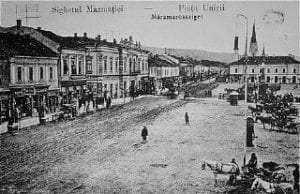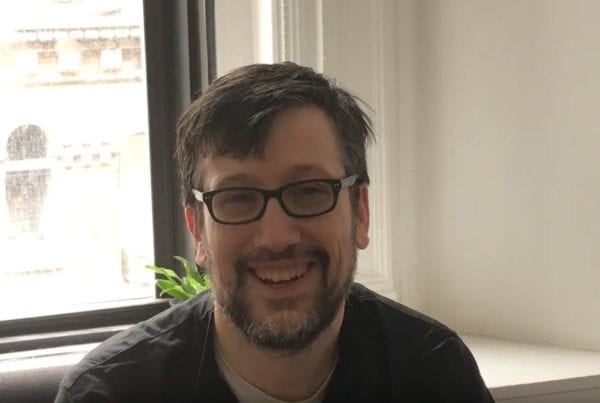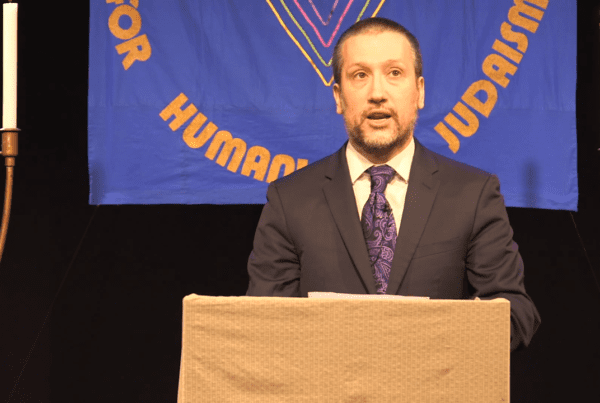
Where am I from?
As perennial immigrants, Jews have been asking themselves this question from time immemorial. For many scions of families who survived the Holocaust (as mine did), this question evokes a painful sense of rootlessness and longing for places from which Judaism was effectively erased. In Sighet, where my father was born, one synagogue out of more than thirty survived in a city that at times was almost half Jewish. In 2014 I went back to Sighet, Romania with my father to try to make sense of things; not to try to make sense of the Holocaust — for me the Holocaust will forever be the horrible black hole where all logic and meaning disappear — but to try to make sense of where I came from.
Graveyards are often all there is to visit.
So often, too often, when Ashkenazi Jews go to Europe, they visit graveyards, because that is where the names are, and so that is where I went too. My grandmother had given me the names of her great grandparents, and I visited the massive Jewish cemetery of my father’s hometown in the forlorn hope of finding their graves among ten thousand stones.
I actually found my family’s gravesite after about an hour of searching.
This was immensely satisfying, of course, but it was more than that. I left the graveyard with a found piece of family history. My grandfather five times removed had been a rabbi in Sighet in the mid 1800’s, and what’s more his father had been a rabbi as well, a rabbinic dynasty!
‘this is where you came from, welcome back.’
As I was leaving the next morning to the airport, the taxi driver told me something that will forever stay with me. He said that the inhabitants of Sighet were trying to be as hospitable as possible to the Jews who were coming to visit and he agreed with that. But he didn’t quite understand all the fuss, ‘this is your home’, he said to me, ‘this is where you came from, welcome back.’
Rabbi Tzemah Yoreh



